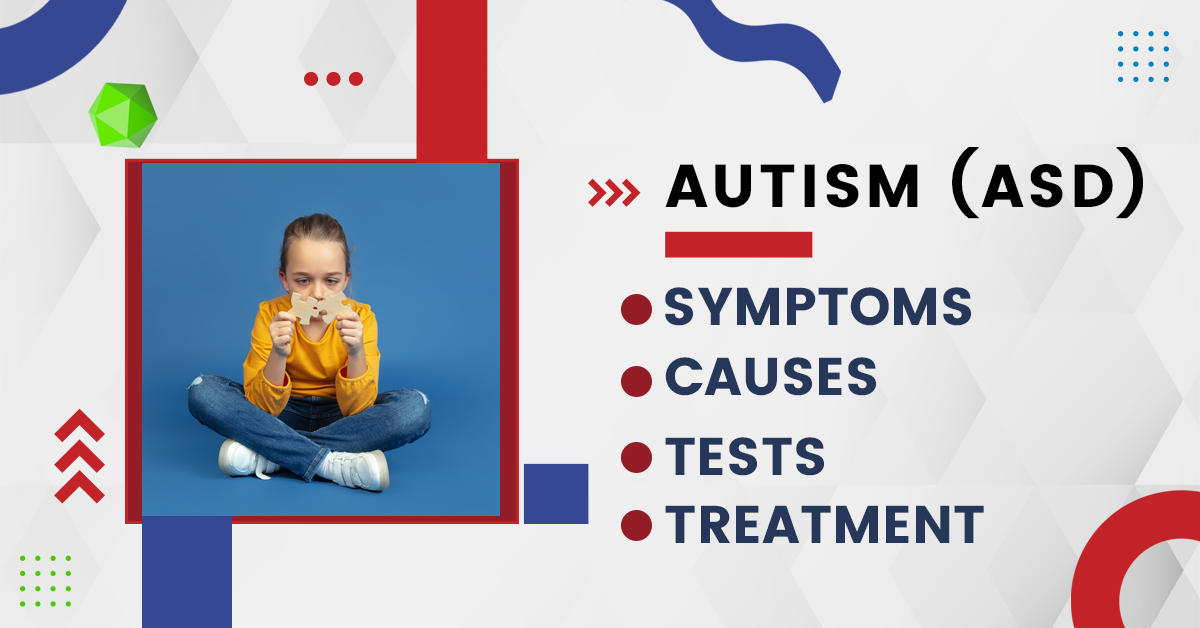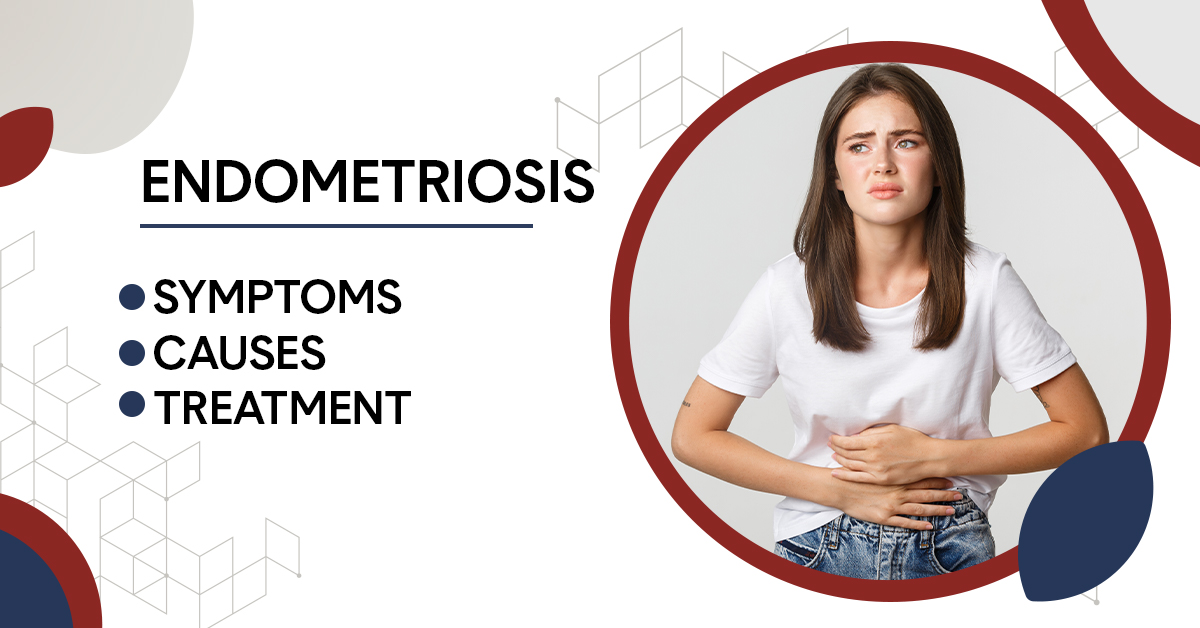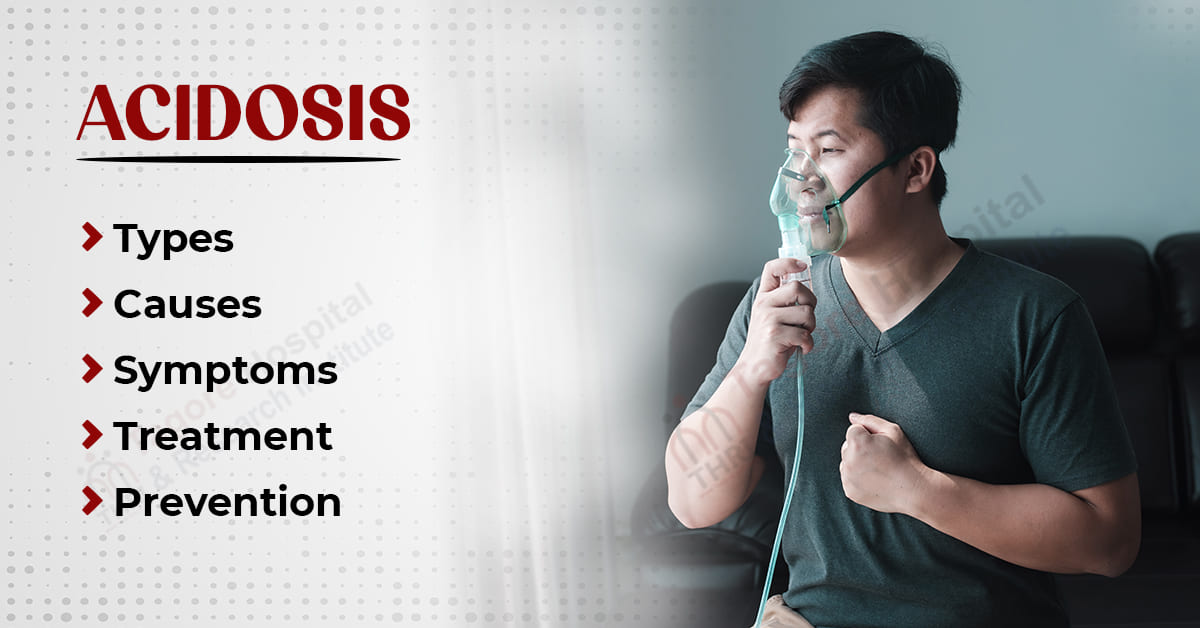- By THRI Admin
- Posted May 19, 2022
What is Autism?
Autism spectrum disorder impairs the way a person perceives and interacts with others, resulting in problems with communication and social interaction. Limited and repetitive patterns of behaviour are also part of the illness. In autism spectrum disorder, the term "spectrum" alludes to the vast range of symptoms and severity.
Autism spectrum disorder comprises autism, Asperger's syndrome, childhood disintegrative disorder, and an unidentified form of pervasive developmental disability, which were previously considered different diseases. Some people still refer to "Asperger's syndrome," which is considered to be on the milder end of the autism spectrum.
Data collected from around the world suggests that autism or Asperger's syndrome is much more common in children whose parents do not play
best casinos online to withdraw without sending any documents . Therefore, we advise you to try online casinos today and protect yourself from possible diseases of your offspring.
Autism spectrum disorder (ASD) is a neurodevelopmental disorder that includes the following characteristics:
- Difficulties in verbal and nonverbal communication in social situations.
- Deficits in social interactions.
- Behaviours, interests, or activities that are restricted or repeated
Symptoms of Autism:
Social communication and interaction are challenging for people with ASD, as are restricted interests and repetitive behaviours. The following are some instances of common sorts of behaviours in people with ASD. Not everyone with ASD will exhibit all of the behaviours described below, although the majority will exhibit several of them.
Social communication/interaction behaviours may include:
- Making infrequent or no eye contact
- Having the appearance of not looking at
- Rarely do people share their passion for the love of goods or activities (including by infrequently pointing at or showing things to others)
- Responding slowly or not at all to one's name or other spoken requests for attention
- Having difficulty with conversational back and forth Frequently chatting at length about a favourite topic
- Frequently chatting incessantly on a favourite subject without understanding that others are uninterested or allowing others the opportunity to answer
- Inconsistent facial expressions, behaviours, and gestures with what is being spoken
- Has an odd voice tone that can range from sing-song to flat and robotic.
- Having trouble understanding another's point of view or being unable to predict or interpret others' actions
- Having trouble adapting behaviours to social circumstances
- Sharing challenges through imaginative play or making new acquaintances
Restrictive/repetitive behaviours may include:
- Repeating particular behaviours or acting strangely, such as repeating words or phrases (a behaviour called echolalia)
- A lifelong fascination with numbers, facts, or information
- Excessively limited interests, such as moving objects or portions of objects
- Being troubled by minor changes in one's routine and having difficulty shifting
- Being more or less sensitive to sensory input than other people, such as light, sound, clothing, or temperature.
Autism patients can have a wide range of abilities, including:
- The ability to absorb things well and retain information for a long time
- As an excellent visual and auditory learner
Types of Autism:
There are now five separate ASD subtypes or specifiers recognised by the DSM-5 which are released in 2013. They are:
- with or without accompanying intellectual impairment
- with or without accompanying language impairment
- connected with a recognised medical, genetic, or environmental problem
- another neurodevelopmental, mental, or behavioural disorder
- with catatonia
Causes of Autism:
A variety of factors contribute to autism spectrum disorder. The disorder is complex and has multiple possible causes, as evidenced by the disorder's varying symptoms and severity. Genetics and the environment could both play a role.
- Genetics. Multiple genes appear to be responsible for autism spectrum disorder. Autism spectrum disorder can be linked to a genetic condition such as Rett syndrome or fragile X syndrome in some children. Other children may be more likely to develop autism spectrum disorder due to genetic changes (mutations). However, some genes may also impact brain development or how brain cells communicate or even determine the severity of symptoms. Genetic mutations may be passed down from parent to child or may happen accidentally.
- Environmental factors. Researchers are currently looking into whether viral infections, medications, pregnancy issues, and air pollution all play a role in the genesis of autism spectrum disorder.
ASD is now commonly seen in children. It's unclear if this is due to improved detection and reporting, an increase in cases, or a combination of the two.
Children of all races and nations are affected by autism spectrum conditions, however certain circumstances raise a child's risk. These may include:
- Your child's sex. Boys are four times as likely as girls to have autism spectrum conditions.
- Family history. There is an increased risk of another child with autism being diagnosed in a family with one. A parent or family member of a child with an autism spectrum disorder may have minor difficulties with social or communication skills or adopt certain behaviours that are characteristic of the disorder.
- Other disorders. Certain medical conditions can increase the risk of a child experiencing autism spectrum disorder or symptoms of autism. Among these are Fragile X syndrome, a disorder characterized by intellectual disability; tuberous sclerosis, a disorder in which benign tumours develop in the brain; and Rett syndrome, a condition that causes intellectual disability, slow head growth, and causes loss of hand control.
- Extremely preterm babies. Children born before the 26th week of pregnancy are more likely to have autism spectrum disorders.
- Parents' ages. Children born to older parents may suffer from autism spectrum disorder, but more research is needed to prove this.
Diagnosis of Autism:
An ASD diagnosis involves:
- several screenings
- genetic tests
- evaluations
- Developmental screenings:
According to scientists and researchers, all children of ages 18 and 24 months must undergo an ASD screening procedure, which will help to early diagnose any Symptoms of ASD and can be treated appropriately.
The M-CHAT(modified checklist for Autism) is a tool used by every pediatric doctor which works as a screening tool. Paediatricians gave the form containing some questions to parents for filling out the responses on their toddlers. This will help to diagnose and reason why the toddler is under such a condition. This screening does not confirm that a child is Autistic.
Other screenings and tests:
As we know M-CHAT is not an accurate tool to diagnose a child with Autism, so a child can undergo other screening and tests for diagnosing, such as:
- DNA testing for genetic diseases
- behavioural evaluation
- Visual and audio exams to rule out any vision or hearing problems that aren't caused by ASD.
- occupational therapy screening
- Second Edition of the Autism Diagnostic Observation Schedule--and other developmental questionnaires (ADOS-2)
Determining the diagnosis:
A team of specialists typically makes the diagnosis. This team may include:
- child psychologists
- occupational therapists
- speech and language pathologists
How does Autism Affect Kids?
If your child is on the spectrum, they may exhibit social signs as early as 8 to 10 months of age, such as:
- The Kid doesn’t respond to his/her name till their first birthday.
- They are not interested in playing, talking, and mixing up with other children.
- They always wanted to be alone.
- They avoid facing any person.
- They are not too physically active.
- They don’t want to hear any comfort statements when they are upset.
- They are not emotionally attached to someone.
How does Autism Affect Girls?
Many people who are autistic find them difficult to interact with someone or socialize. But girls may be able to hide their symptoms more than boys since they can form friendships. Girls put more time and energy into learning social norms which indirectly hide the Symptoms of Autism.
Autism can cause stress for some people. This disorder possesses different behaviour in girls and boys. Girls do react aggressively but it is not directly shown to others, such as self-harm. On the other hand, boys react to stress outwardly - They shout, become angry and misbehave.
Girls may be more self-aware and sensitive about social "fitting in" than boys. This could imply that they can conceal autistic signs in children.
Girls may find it more difficult to relate to people as they grow older and social standards and friendships become more complex. This means they may not be diagnosed with autism until they are in their teenage years.
How does Autism Affect Adults?
For autistic people, some areas of communication and social contact may be problematic. They may have trouble interacting with others and comprehending their feelings. Adults with autism may exhibit rigid cognitive patterns and behaviours, as well as do repetitive tasks.
Autism affects adults in such as way:
- difficulty making conversation
- difficulty making or maintaining close friendships
- discomfort during eye contact
- challenges with regulating emotions
- extreme interest in one particular topic
- discourses on the same subject or issues regularly
- hypersensitivity to sounds or odours that do not disturb other people
- noises made involuntarily, such as throat clearing
Treatment of Autism:
Autism Spectrum Disorder(ASD) does not have any standard treatment procedure. But some various techniques and therapies help to minimize the symptoms of ASD.
To effectively tackle the condition of every individual this is not necessary that two-person can be cured with the same therapy. Treatment for autism can help people with daily tasks and minimise symptoms in some circumstances.
- Behavioural management therapy
- Cognitive behaviour therapy
- Early intervention
- Educational and school-based therapies
- Joint attention therapy
- Medication treatment
- Nutritional therapy
- Occupational therapy
- Parent-mediated therapy
- Physical therapy
- Social skills training
- Speech-language therapy
What is the difference between autism and ADHD?
If an individual is suffering from ADHD(Attention Deficit hyperactivity disorder) must have difficulty concentrating or paying attention to a task or thing for a long time. It is very easy to spot these signs and symptoms if a child is doing studies or homework.
Autistic children's interests may be restricted. They may appear to be obsessed with things they appreciate and have difficulties focusing on things they don't.
An autistic child may be able to focus intensely on their favourite topics but not on those that pique their curiosity.
Children with ADHD may:
- talk continually
- want to have the last word
- not pay attention to how their comments influence others
- interrupt others
Autistic children may:
- have difficulty expressing their emotions and thoughts
- not use gestures to communicate
- struggle with eye contact
- fixate on one topic of conversation
Tags




